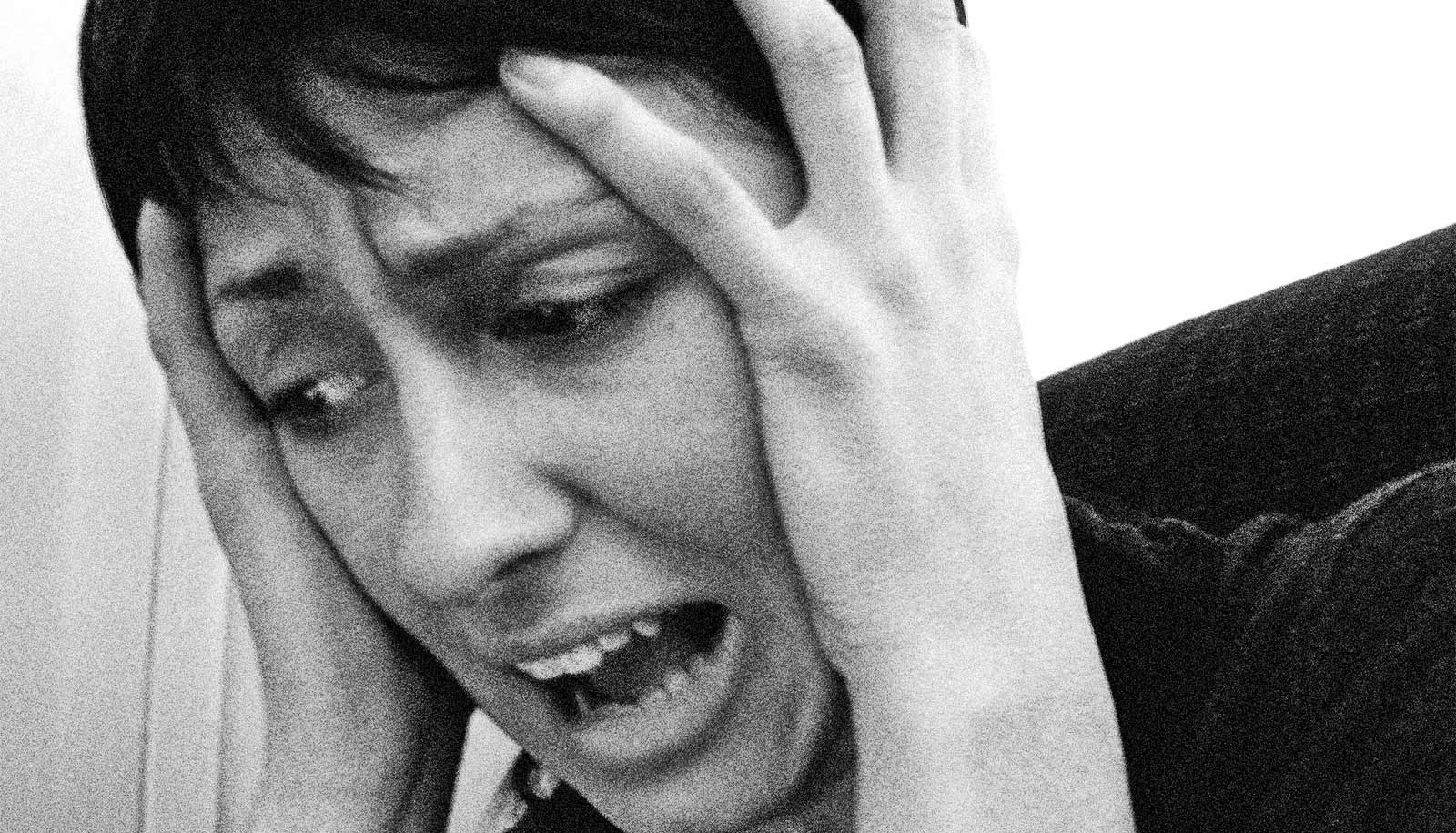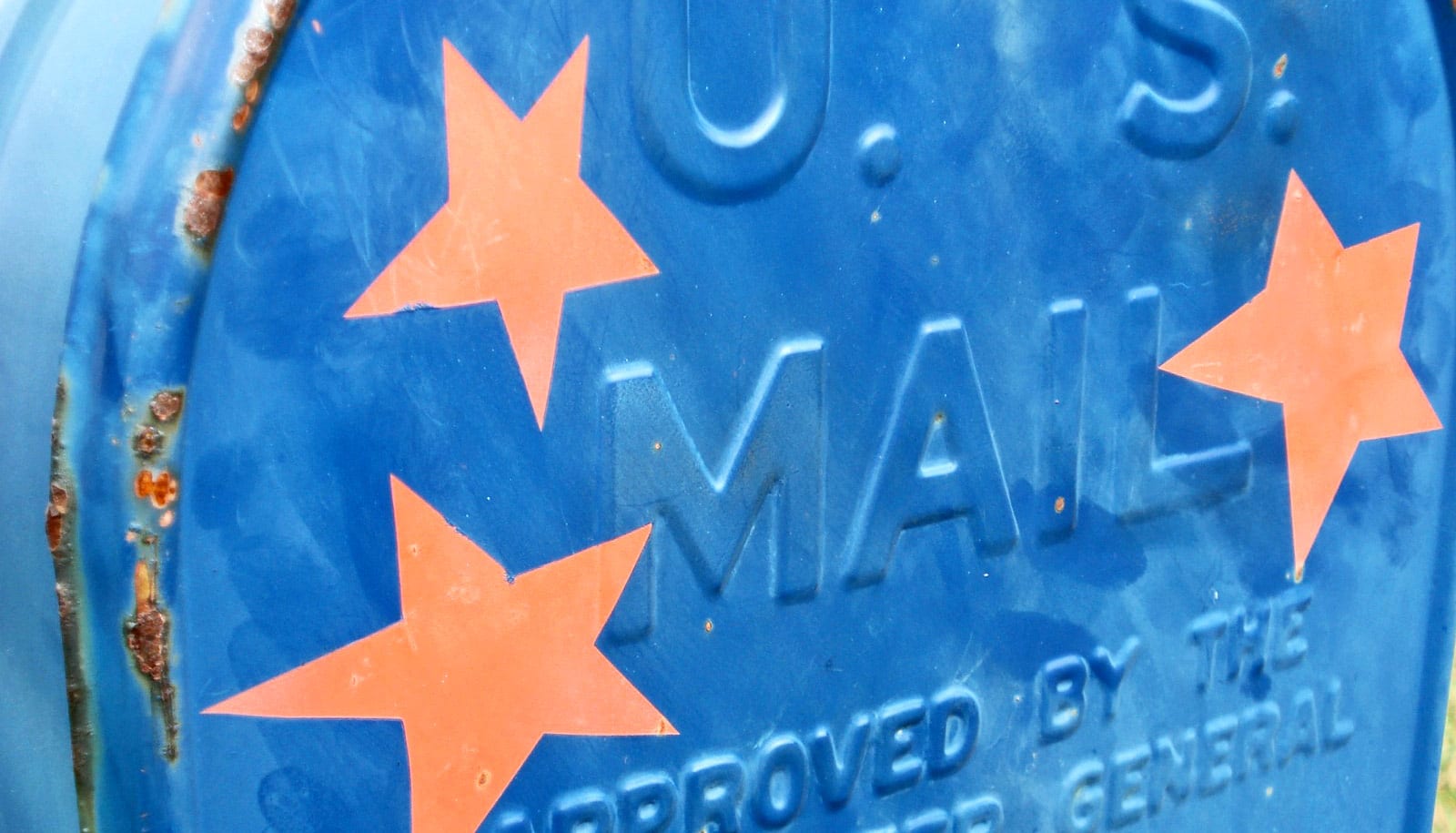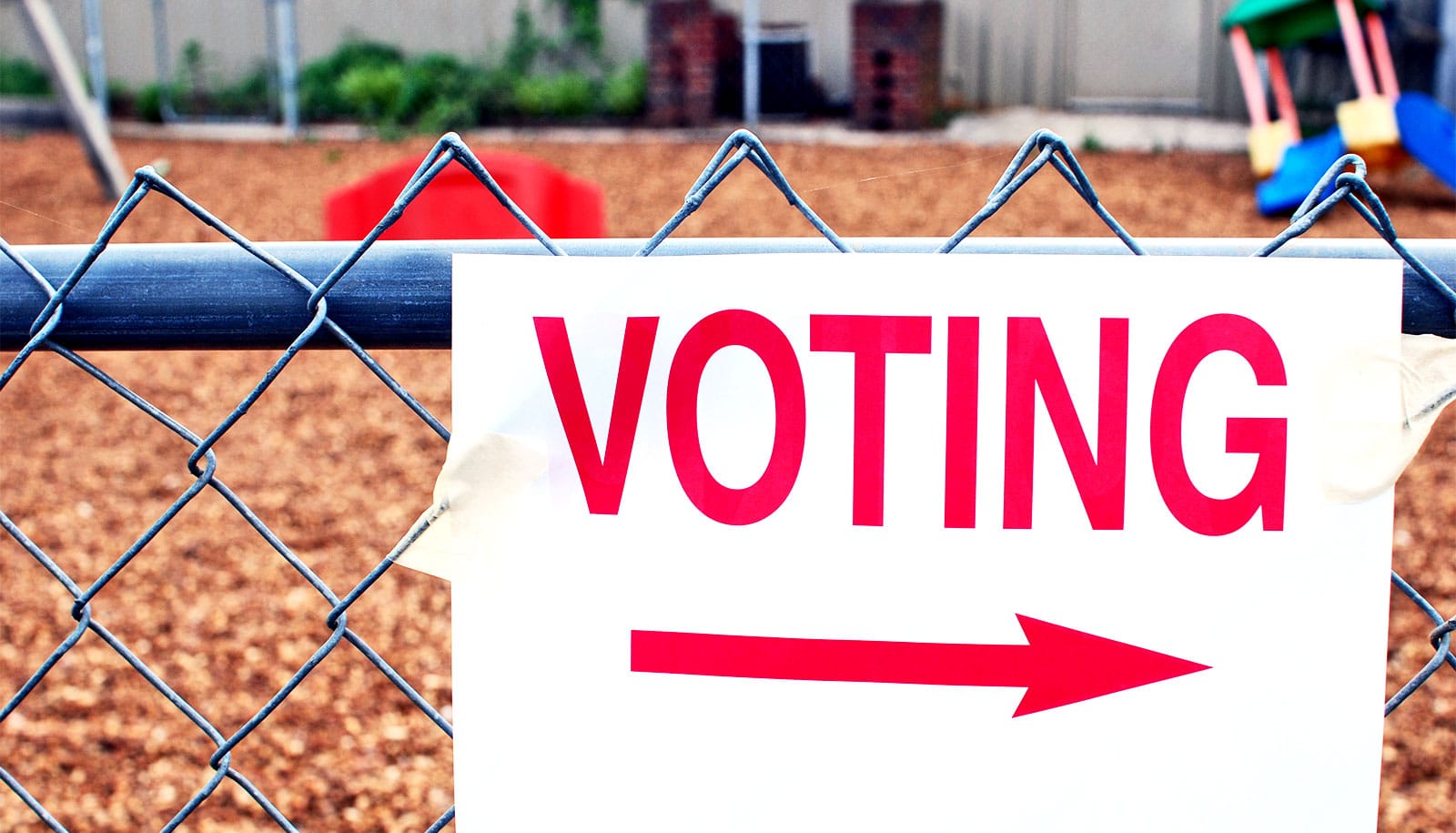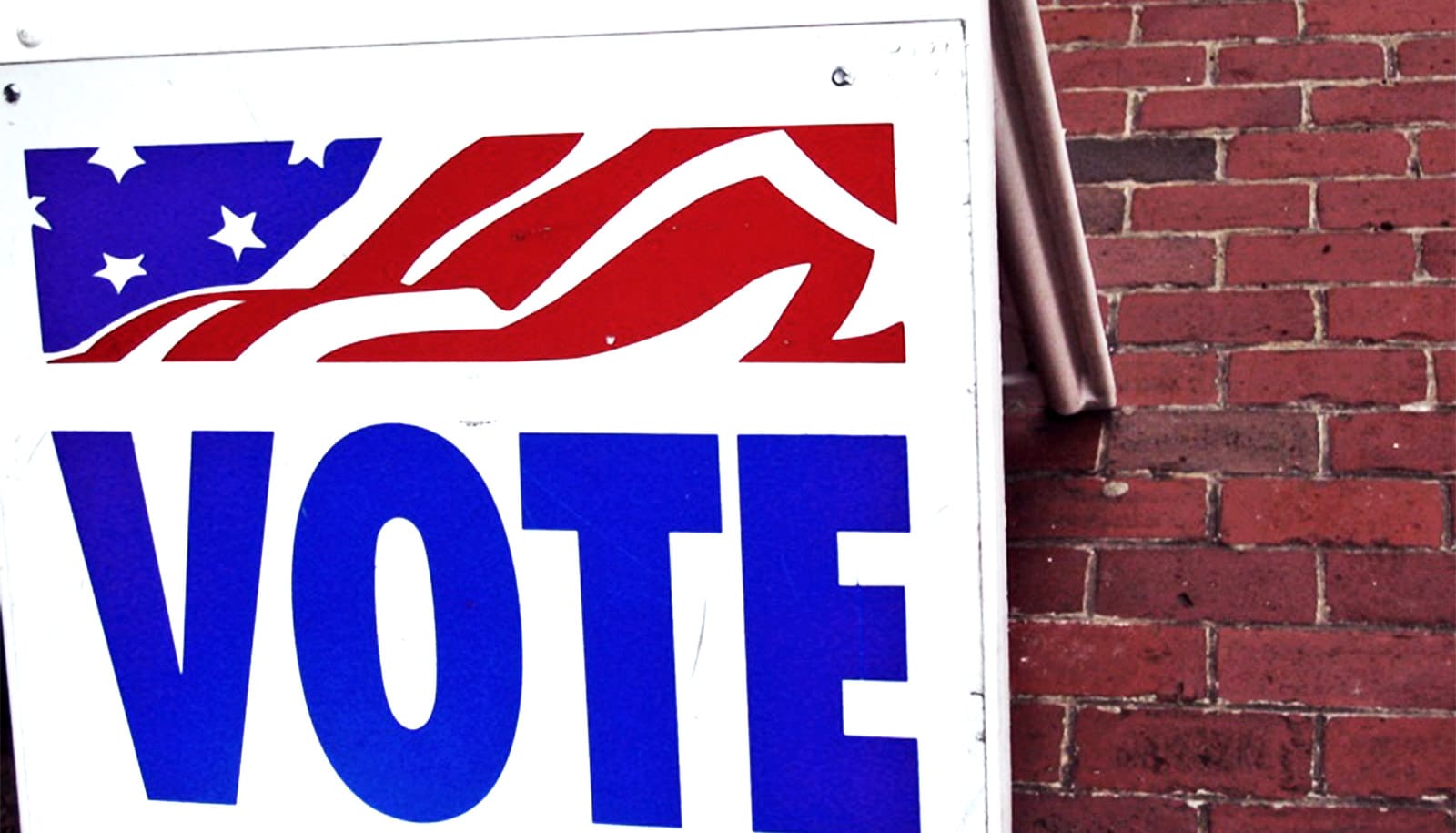Even before they cast their votes, partisans of different stripes are poised to question the legitimacy of the 2020 election outcome, but for different reasons, researchers report.
According to The American Social Survey nine out of 10 Trump supporters are very or somewhat concerned about fraud in mail-in voting. In comparison, just four out of 10 Biden supporters have similar concerns.
More than 1,500 people responded to the survey conducted in August 2020.
On the other end of the political spectrum, nearly nine out of 10 Biden supporters are very or somewhat concerned about foreign intervention in the 2020 election, while five out of 10 Trump supporters express similar concern.
Trump and Biden supporters are united, though, in their concern about the threat of cheating from election officials. While not as widespread as concern about mail-in voting fraud and foreign interference, a sizable majority of both supporters said they were concerned about the threat of cheating by election officials.
The findings indicate that the intensity of candidate and media attention about these threats—real or not—influences views of the legitimacy of the election outcome in November, says Steven Smith, professor of social science at Washington University in St. Louis and former director of the Weidenbaum Center.
“Apart from voters’ decisions, the legitimacy of American elections is at stake,” Smith says. “If the election eve results are close, differences in pre-election attitudes about the threats to election integrity, shaped as they are by partisan preferences, may cast a dark cloud over the outcome in the minds of many Americans.
“Who leads at that time, which may change as mail-in and challenged ballots are counted after Election Day, is surely to influence who considers the outcome fair and legitimate.”
The ‘winner effect’
Fair and free elections are the cornerstone of any democracy. According to Smith, past research has shown that the outcome will influence views of the legitimacy of the outcome.
“Most Americans have had faith that election outcomes were called fairly, but it’s not uncommon for voters on the losing side to question the legitimacy of the outcome after the election. Not surprising, more voters on the winning side rate the outcome correct and fair after the election than before. This is sometimes called the ‘winner effect,'” he says.
But this year is different.
For starters, President Trump has questioned the integrity of election administration more than any other politician in modern history, Smith says. In 2016, Trump frequently claimed the election was rigged. He suggested that election officials would not properly screen for votes being cast illegally under the names of dead people or voters who registered in more than one jurisdiction to cast multiple ballots.
This election, Trump’s focus has shifted to mail-in ballots, which voters are using in much larger numbers because of the pandemic. He has claimed that mail-in ballots were being distributed to Democratic areas but not Republican areas, that the US Postal Service cannot handle the ballots securely, and that political operatives will “harvest” ballots, Smith says.
How have these threats resonated with voters? That depends on your party affiliation and education, the research shows.
The vast majority of Trump supporters at all education levels are concerned about fraud in mail-in voting. A more modest majority of undecided voters—60% on average—are concerned, too. With Biden supporters, the answer is more nuanced. Highly educated Biden supporters exhibit much less concern about mail-in ballots than the less well-educated Biden supporters.
“This pattern implies that some Biden supporters and many undecided voters are more persuaded by Trump’s expressed concerns than by contrary expert opinion,” Smith says.
As it was in 2016, foreign intervention in the campaign—particularly via social media—is a concern this year. According to media reports, the US intelligence community is finding significant evidence of Russian involvement in the election. And the findings of the Department of Justice special counsel and US Senate committee reports from the 2016 election were widely publicized.
Despite the overwhelming evidence, however, partisans are divided on their concern about foreign interference in the election. At every education level, Biden voters show far more concern than Trump and undecided voters.
Election officials in 2020 election
Election administration experts, as a rule, find few serious problems associated with the integrity of state and local election officials, Smith says. But the same can’t be says for the American public.
Roughly 75% of Trump supporters, 60% of Biden supporters, and 55% of undecided voters are concerned about election officials cheating. When education is factored in, concern about cheating declines as education increases for Biden supporters and undecided voters. Once again, Trump supporters are fairly uniform in their concern about election official cheating.
“A reasonable hunch is that Americans now distrust election officials affiliated with the other party,” Smith says.
It’s not surprising that partisan and other personal considerations have shaped the public’s response, Smith says. “The intensity of candidate and media attention about problems with campaigns and elections has generated large differences in views of the threats to American democracy.”
But these deep partisan differences could create a real problem if the election is close—as it was in 2016—or if the results change due to mailed-in ballots or challenged ballots.
“This could get ugly,” Smith warns. “Just how ugly is likely to be determined by the quality of election administration and the rhetoric of political leaders.”
The Weidenbaum Center at Washington University in St. Louis sponsored the survey.



